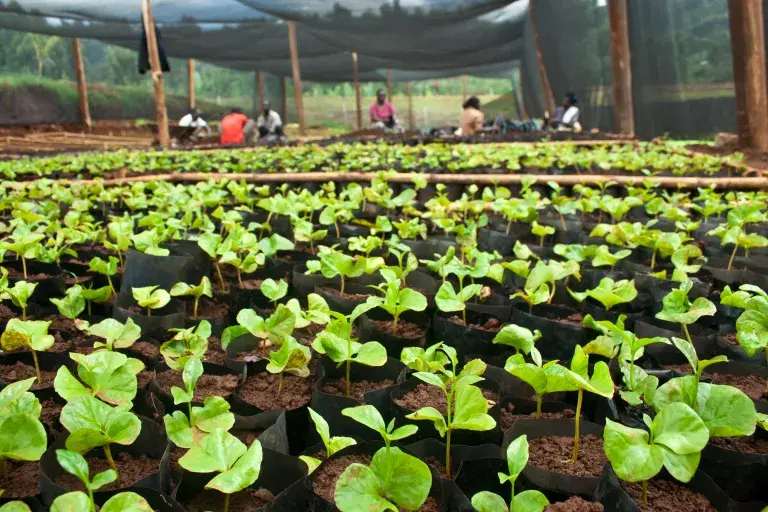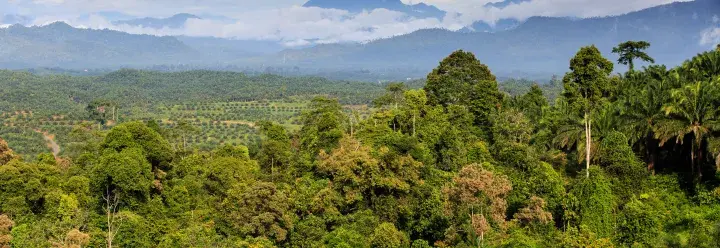Increasing the impact of sustainability standards
If the UN Sustainable Development Goals are to be achieved by 2030, then immediate and urgent action is needed to transform global production systems. For many years, sustainability standards and certification schemes have been promoting production models that deliver better social and environmental outcomes. They incentivise positive change amongst actors on the ground and help build their capacity to adopt new practices.
But, to drive change at the scale and pace required, sustainability standards need to do more. From increasing accessibility to sharing data to drive improvements, ISEAL’s members are continually working to increase their reach and impact.
Scaling improvement
It’s not enough for sustainability standards just to certify the best performers: real transformation means raising standards across whole sectors, regions and markets. We need to understand what motivates producers and enterprises to improve, and what’s stopping them.
ISEAL has been supporting research looking at what approaches work best to drive improvement, as well as the enabling conditions that need to be in place for them to be effective. To scale up effectively, standards must provide value for producers. ISEAL offers a range of support to help them, from small to large scale funding, as well as the space for peer-to-peer learning.
There is a growing body of evidence demonstrating how sustainability standards benefit participating producers and businesses. This evidence is crucial for building the case for the wider adoption of sustainability standards – but also for learning what isn’t working so well and where improvements are needed. One important area ISEAL has been working on is improving our understanding of how standards are (and aren’t) meeting the needs of smallholders.
Many standards systems are working hard to become more accessible, without diluting the credibility inherent in being an ISEAL member. This includes creating more effective mechanisms, tools and strategies to build capacity, improving pathways to certification, and driving greater uptake of sustainable practices even where certification may not be the end goal.
Data insights
Good data is critical to increasing the reach, impact and effectiveness of sustainability standards. Until recently, most sustainability standards have largely been analogue systems operating in a digital world, but this is changing.
ISEAL has been supporting its members to leverage their data effectively and to share learning and insights. As they become better data managers, our members are finding new ways to use their data to improve assurance processes, identify and manage risks, target interventions, and communicate their impacts and achievements.
One area with huge potential is using geospatial data and mapping tools, which the Certification Atlas project is exploring. The project is developing an interactive map showing the locations of all the farms, forests, fisheries and other activities certified by ISEAL members. As well as providing compelling evidence of the collective reach of sustainability standards, this can unlock synergies and opportunities for cooperation in areas such as assurance and outreach.
The Certification Atlas will also enable users to overlay information on certified entities with other geospatial data – for example on deforestation, water scarcity, education, income levels or child labour prevalence. This can provide valuable insights. For example, sustainability systems and other actors can see what the high-risk issues are in the areas where they are operating, and prioritise their interventions accordingly.
A geospatial picture of certified activities and how they interact with the surrounding social and biophysical contexts is particularly valuable in strengthening land-use planning. This can inform jurisdictional and landscape approaches, which are becoming an increasingly important tool for promoting sustainable practices at scale.
At ISEAL, we’re proud of the efforts our members have made over many years to improve production systems for people and planet. And we’re pleased that all of them have at least one improvement project under way – in fact, almost all are involved in at least two strategies to increase their reach and impact. Meeting the Sustainable Development Goals will require a huge collective effort. Our members are all playing their part.



